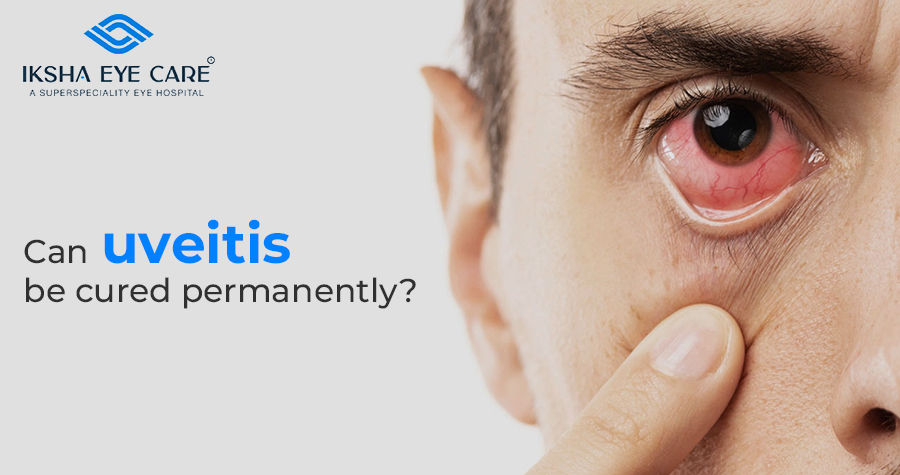All Categories
Featured
Long term exposure to ultraviolet (UV) rays can lead to various eye conditions, some of which may result in permanent damages or vision loss. Whether you're outdoors on a warm coastline or taking a walk on a cloudy day, understanding exactly how UV rays impact your eyes and learning how to shield them is important for keeping healthy and balanced vision.
What Are UV Rays and Exactly How Do They Influence the Eyes? UV rays are a type of unseen radiation emitted by the sun. There are three types of UV rays:
UVA Rays: These penetrate deeply into the skin and eyes, contributing to long-lasting damages. UVB Rays: These are much more extreme and can trigger surface-level damage, such as sunburn or corneal damage. UVC Rays: These are one of the most damaging however are absorbed by the Planet's atmosphere and seldom pose a direct hazard. Both UVA and UVB rays can damage different parts of the eye, including the cornea, lens, and retina.
Short-Term Effects of UV Direct Exposure. Even a short period of intense UV direct exposure can hurt your eyes. An usual problem arising from this is photokeratitis, typically called "sunburn of the eye." Symptoms consist of:
Agonizing or red eyes. Level of sensitivity to light. Extreme tearing. Temporary blurred vision. Photokeratitis is generally temporary yet functions as a suggestion of the instant dangers of UV radiation.
Long-Term Impacts of UV Exposure. Collective UV exposure in time can result in a number of serious eye conditions, consisting of:

Cataracts: UV rays accelerate the advancement of cataracts, a problem where the lens of the eye becomes cloudy, leading to vision disability. Cataracts are a leading reason of loss of sight worldwide.
Macular Degeneration: The macula, a part of the retina accountable for central vision, can be harmed by prolonged UV exposure, raising the danger of age-related macular degeneration (AMD)
Pterygium: Commonly called "internet user's eye," this condition entails a development of tissue on the white component of the eye, which can cross the cornea and harm vision.
Pinguecula: UV exposure can create yellow-colored spots to base on the conjunctiva, bring about irritability and discomfort.
Skin Cancer Cells Around the Eyes: The fragile skin surrounding the eyes is highly at risk to UV radiation, increasing the danger of basal and squamous cell carcinoma.
Securing Your Eyes from UV Damages. The good information is that shielding your eyes from UV radiation is basic and efficient. Here are some crucial tips:
Wear UV-Blocking Sunglasses. Select sunglasses that block 100% of UVA and UVB rays. Look for tags indicating "UV 400" defense. Wrap-around designs offer additional insurance coverage, preventing UV rays from getting in from the sides.
Utilize a Wide-Brimmed Hat. A hat with a vast brim can obstruct virtually 50% of UV rays, providing extra protection for your eyes and the delicate skin around them.
Prevent Optimal Sun Hours. UV rays are greatest in between 10 a.m. and 4 p.m. Lessen your exterior direct exposure during these hours, or guarantee you're sufficiently secured if you need to be outside.
Shield Your Eyes Year-Round. UV rays exist year-round, even on gloomy or snowy days. Snow, sand, and water can mirror UV rays, magnifying their results. Make sunglasses a component of your day-to-day regimen, despite the period.
Take Into Consideration UV-Blocking Get In Touch With Lenses. Many get in touch with lenses currently use UV protection, which can be an added safeguard when coupled with sunglasses.
Encourage Eye Protection for Children. Kid's eyes are more susceptible to UV damage since their lenses are clearer, permitting even more UV light to get to the retina. Guarantee they use sunglasses and hats when playing outdoors.
Schedule Routine Eye Examinations. Regular visits to an eye care specialist are crucial for monitoring your eye health and wellness. An optometrist can identify early indicators of UV-related damage and advise services, such as prescription sunglasses or UV-blocking glasses tailored to your needs.
Final thought. UV rays might be invisible, yet their impact on your eye health is extremely genuine. Keep in mind, your eyes are one of your most valuable properties-- take the needed steps to shield them from unsafe UV rays today.
Latest Posts
Professional Hail Storm Damage Roofing Repair Service & Substitute
Eye Care Center South - Best Eye Doctor Nearby: Reliable Vision Care Services.
New Car Battery Service Today! at MO